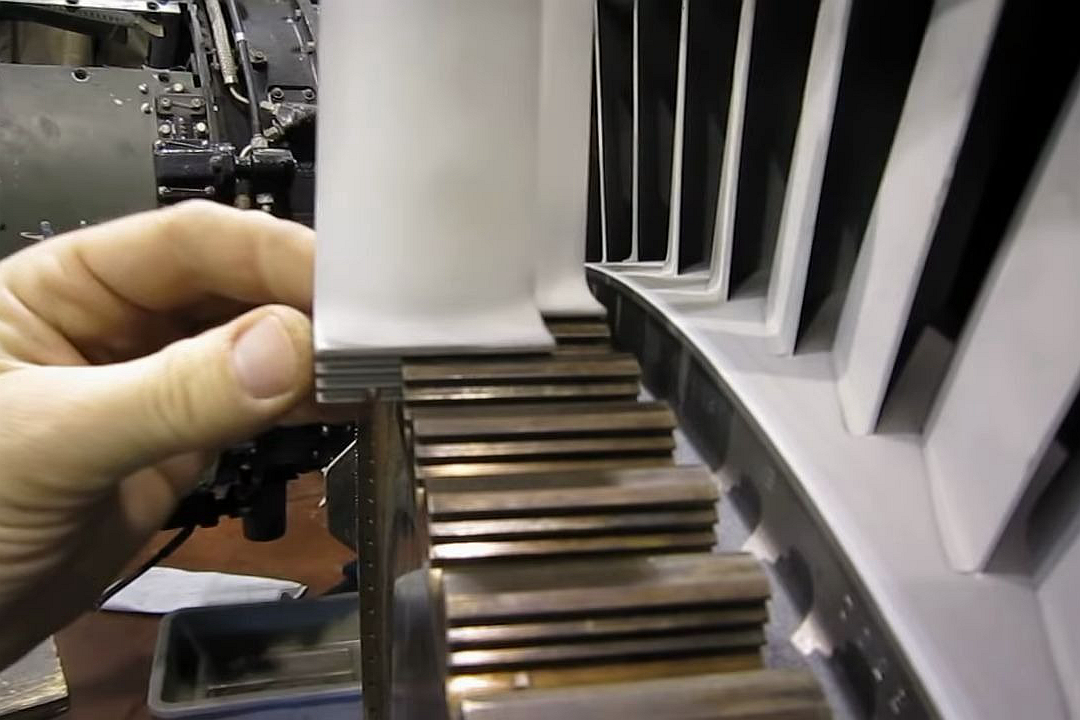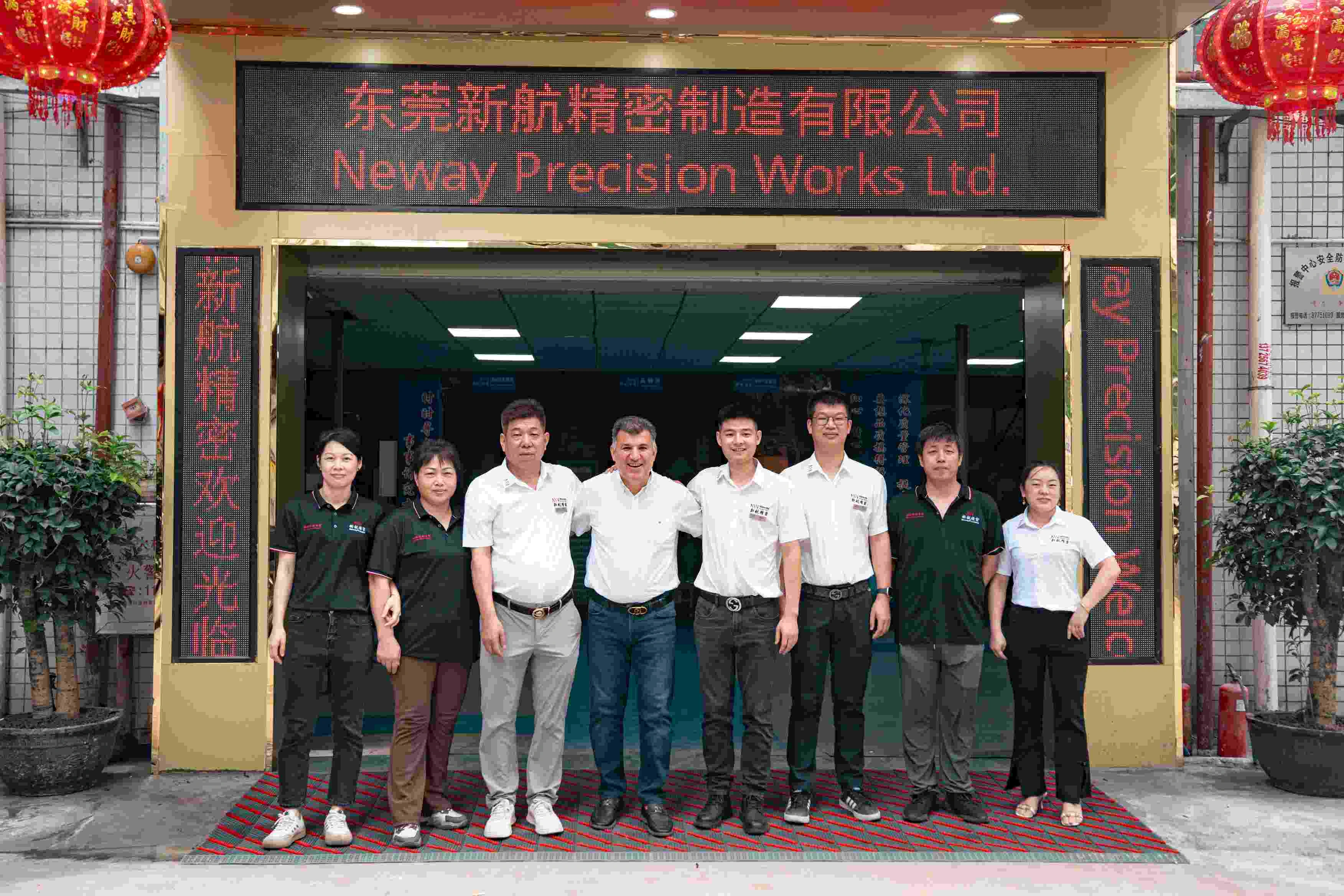Custom Superalloy CNC Machined Aircraft Engines Blade Parts
Tailored Machining for High-Performance Aeroengine Blades
Aircraft engine blades operate under extreme pressure, temperature, and fatigue loads, requiring precision-machined profiles with micron-level accuracy and thermally stable materials. Custom CNC-machined blade parts must meet stringent aerospace standards for aerodynamic consistency, structural integrity, and repeatable geometry.
Neway AeroTech offers high-precision CNC machining services for custom aircraft engine blades produced from advanced superalloys such as Inconel 738, Rene 88, and CMSX-4. Our custom solutions support both OEM production and MRO blade part replacement.
Core Technologies for Custom Blade Manufacturing
Machining custom turbine blades demands extreme precision and adaptive processing across complex airfoil, root, and shroud geometries.
5-axis CNC machining for contoured surfaces and root-lock accuracy
In-process toolpath compensation to hold ±0.005 mm tolerances
High-pressure coolant-through tools for thermal control during nickel alloy machining
CAM-generated paths based on CFD and blade model optimization
All custom blade machining meets AS9100D and FAA compliance standards for aircraft propulsion components.
Superalloys for Aircraft Engine Blade Parts
Alloy | Max Temp (°C) | Yield Strength (MPa) | Application |
|---|---|---|---|
1050 | 880 | High-pressure stator vanes | |
980 | 1450 | Turbine rotor blades | |
1140 | 980 | First-stage turbine airfoils | |
1175 | 790 | Combustor vanes and heat shields |
Each alloy is selected for creep resistance, oxidation stability, and high-cycle fatigue performance under jet engine conditions.
Case Study: Custom CNC Machining of CMSX-4 Turbine Blade Set
Project Background
An aerospace customer required a low-volume run of first-stage CMSX-4 turbine blades with complex internal cooling holes and fir-tree root profiles. Precision requirements: ±0.006 mm airfoil tolerance, Ra ≤ 0.4 μm surface finish, and 0.2 mm trailing edge radius.
Typical Custom Aircraft Blade Models and Applications
Blade Type | Alloy | Accuracy | Industry |
|---|---|---|---|
First-Stage Airfoil | CMSX-4 | ±0.006 mm | |
Turbine Rotor Blade | Rene 88 | ±0.005 mm | |
Stator Vane | Inconel 738 | ±0.008 mm | |
Combustor Shield Vane | Hastelloy X | ±0.010 mm |
Every part undergoes CFD-based validation and metrology-certified inspection.
CNC Machining Challenges for Custom Turbine Blades
Maintaining ±0.005 mm over full airfoil length with trailing edge blending
Achieving Ra ≤ 0.4 μm on hot gas path surfaces without polishing artifacts
Tool wear tracking in high-HRC alloys like CMSX and Rene
Internal cooling hole entry control with ±0.01 mm diameter repeatability
Multi-axis root contouring for fir-tree interface with zero stress risers
Custom Machining Solutions for Superalloy Blade Parts
Adaptive CAM strategies optimize toolpath for tight tolerance across blade twist
Multi-tool finishing sequences for edge radii and platform sealing geometry
CFD-based surface validation for airfoil shape conformity within 5 μm
Tool life sensors and feedback loops maintain precision in long cycle times
EDM hole finishing used for microchannel cooling features
Results and Verification
Manufacturing Methods
Blades were produced from vacuum investment castings and rough-milled before 5-axis finishing. Toolpaths were verified using simulation and deviation mapping.
Precision Finishing
Surface finish Ra ≤ 0.4 μm achieved on gas path contours. Root-lock geometry machined to ±0.006 mm, with cooling hole deburring via ultrasonic cleaning and EDM.
Post-Processing
HIP and full heat treatment cycles applied. Select blades coated with thermal barrier coatings based on combustor placement.
Inspection
CMM confirmed dimensional targets. X-ray verified structural consistency. SEM inspected grain structure and edge microcracking risk.
FAQs
What is the tolerance for custom turbine blade airfoil machining?
Can you machine blades with internal cooling hole geometry?
What surface finish is standard for gas path turbine blades?
How do you ensure blade-to-blade consistency in small batch runs?
What post-machining services do you offer for custom blades?

